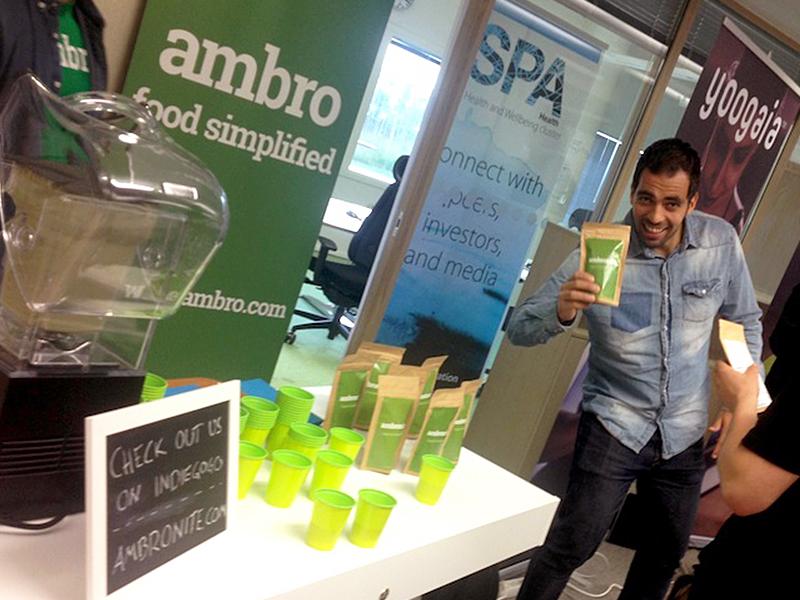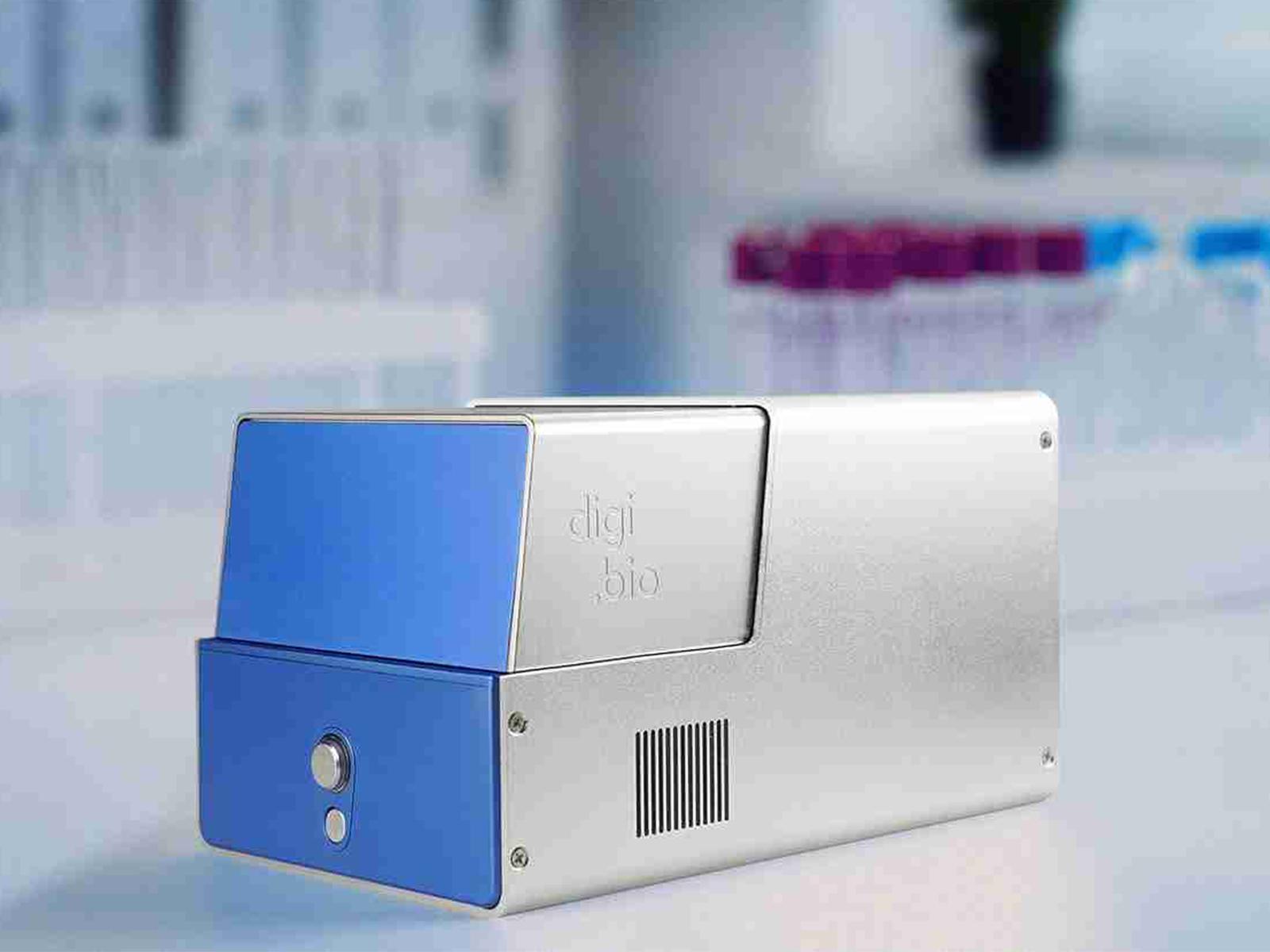While most of us think of ourselves as rational and reasonable beings, the truth can be quite the opposite. Especially when it comes to the field of medical biotechnology the discrepancy between what actually science is able to comprehend or cure and the vast amount of diseases our bodies may endure leaves a lot of room for myths and legends. Myths and legends that seemingly still prevail in the Quantified Self (QS) movement.
Last week’s Tuesday I was an invited speaker at the Quantified Self & Biohacking conference 'Upgraded Life Festival' in Helsinki. With over 500 attendees it turned out that QS attracts a much larger audience than the average biohacking event I regularly attend. The number of participants was surely not the only difference. The type of participants was what struck me most. Not just smart business men, but clearly also a bunch of quacks.
Moroccan miracle tea
The business fair of the event reminded me of that one time during a tour in Morocco when the guide dropped us of at a local botanical garden and herbs store. A store with miracle teas on sale. There was a tea against nearly every pain or disease one could think of! “Backed by hundreds of years of traditional knowledge and experience”.
Now I am not so much against these kinds of teashops, as the local botanists don’t claim to be scientists in the first place. Maybe they got lucky, and some compound in their tea actually works. I don’t know. Most likely they don’t really know too. Maybe the tea works as a placebo: the herb against stomachache might actually make you feel better. In that case it helps, but it doesn’t mean there is anything in the tea that actually works. Helping and working is not the same thing.
Mate Mind Magic tea
I do have a problem with medical doctors getting on stage that start recommending transcranial electrostimulation and cups of 'Mate Mind Magic' tea to everyone. 'Mind Magic'?! I never saw that on a doctor’s prescription before. According to this MD it supposedly raises your mental performance. No mention of side effects. No mention of statistics. “I tried it myself, and it worked great”. Seriously? If your medical doctor ever starts talking like that, you better start running in the other direction.
Quantification is not science
Now don’t get me wrong: quantification, testing and analysis is indeed a very important part of science. And it’s great that this audience of nutrition-enthusiasts, athletes and data geeks is interested in that. But it does not mean that quantification in itself can be considered science. And at this kind of meeting, taking place inside of the Aalto University, you would at least expect that apart from talks on rejuvenating berries, air purifying plants, sleep, heartbeat, brainwave, skinconduction, you-name-it sensors, there would be a talk on statistics, the importance of placebo controlled double blind studies and scientific discourse and discussion.
To make things even more absurd, Mark Hagerott was a last minute addition to the program. US Naval Academy Center for Cyber Studies. It was quite telling that in his militarized mind the world is inhabited by a spectrum of societies that either embrace technology (Ray Kurzweil) or reject technology (Taliban). His solution to technology appropriating us? The free market. The interaction between business and consumers will guide us. Yeah right. He might have had a cup magic mind tea too many already.
As final keynote, an hour delayed and just before lunch, I tried to inform the audience about two important issues, which are actually interconnected: the privatization of biology and technological nihilism. First of all, little QS’ers seem to be aware of the value of the data they collect and it’s faith after donated to private companies. Second, in my opinion the our-bodies-are-machines narrative leads us to nihilism, in which moral is just a synthetic artificial construct.
So if you are a total believer in Hagerott’s story that privatization and a mechanical technological view on life leads to happiness, you have nothing to worry about. Doctors promoting “Magic Mind” tea shouldn’t be a problem too than. The market will deal with him.
I actually feel that there are intrinsic moral values, such as human rights, and the dignity of science. And these cannot just be managed by market dynamics. Moreover, if the Quantified Self movement is serious about using 'biohacking' as a tagline, it has some serious catching up to do in terms of living up to the ethical standards of hacking.


